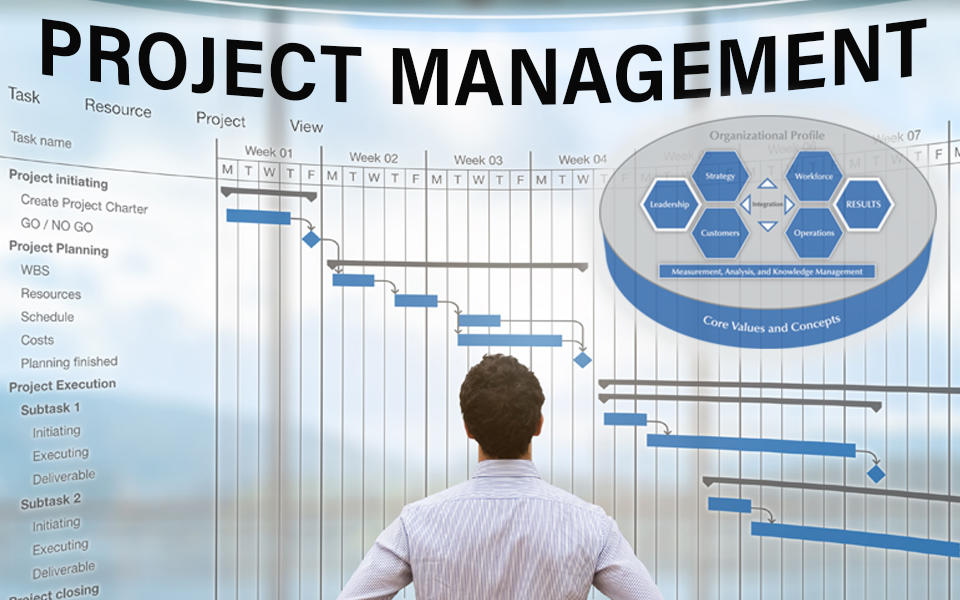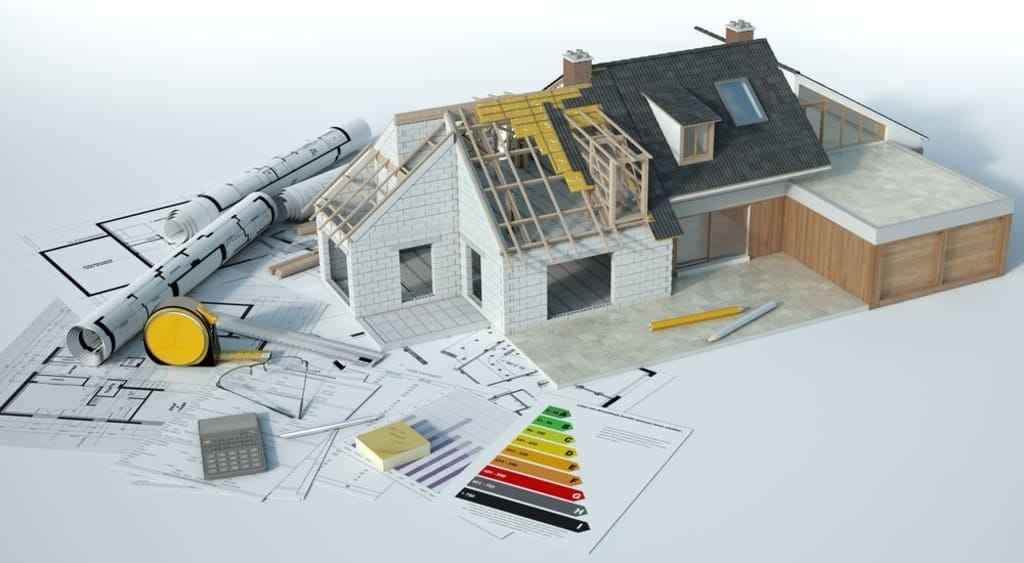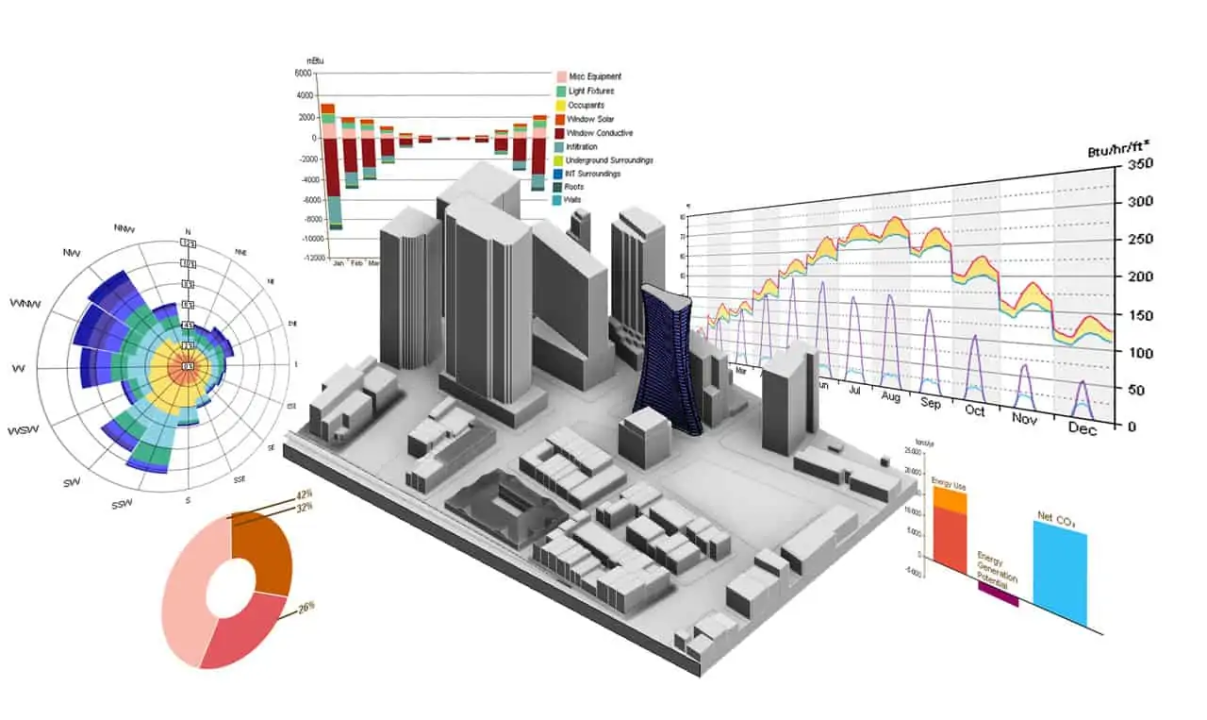
Civil engineering final year projects are essential in a student's academic journey, bridging the gap between theoretical knowledge and real-world application. These projects are a great way for students to gain hands-on experience in solving complex engineering problems. A strong project can significantly enhance a student’s employability, demonstrating their ability to apply their learning to practical challenges.
By working on a civil engineering project, students refine their technical skills and become more confident in their problem-solving abilities, often resulting in new insights and innovations that contribute to the field.
Project Topics for Civil Engineering Final Year Students
Below are the major categories of civil engineering final year projects. These topics provide an in-depth exploration of various aspects of civil engineering, each helping students develop expertise in specific areas:
1. Structural Engineering Project Topics to Consider
|
Project Topic |
Project Description |
|
Design of Earthquake-Resistant Structures |
Focusing on designing structures capable of withstanding seismic forces using materials such as reinforced concrete and steel for enhanced stability and durability. |
|
Bridge Design for High Traffic Areas |
Designing bridges that support heavy traffic loads while prioritising safety, durability, and smooth traffic flow. |
|
Analysis of Multi-Storey Building Structures |
Focusing on the design and analysis of multi-storey buildings, considering factors such as wind load and seismic forces, and selecting appropriate materials. |
|
Retrofitting Old Buildings for Modern Use |
Learning about upgrading and reinforcing older buildings to ensure they comply with current safety standards and meet modern usage demands. |
|
Wind Resistance in Skyscraper Design |
Designing skyscrapers aimed at withstanding high winds and other dynamic forces, with an emphasis on shear walls, damping systems, and overall structural stability. |
2. Surveying and Levelling Project Topics to Consider
|
Project Topic |
Project Description |
|
Topographic Surveying of Urban Areas |
Using advanced surveying techniques to map urban landscapes, supporting effective city infrastructure planning and construction. |
|
Surveying for the Construction of Highways |
Utilising precise surveying techniques to design and align highways and roads, ensuring proper grading and safe traffic flow. |
|
Land Surveying Techniques for Site Development |
Techniques for surveying land for construction, including planning layouts, marking boundaries, and preparing the site. |
|
Digital Surveying with GIS Technology |
Integrating Geographic Information System (GIS) technology to enhance data collection and improve surveying accuracy |
|
Setting Out for Construction Projects |
Using survey instruments to accurately mark positions for foundations, walls, and structures in construction projects. |
3. Technology-Related Project Topics to Consider
|
Project Topic |
Project Description |
|
Building Information Modeling in Project Management |
Evaluating how BIM technology enhances building design, construction planning, and facility management by improving project coordination and reducing errors. |
|
Smart Materials in Civil Engineering |
Exploring the use of materials that adapt to environmental factors, such as self-healing concrete, to enhance the durability and reduce maintenance needs of structures. |
|
Application of Drones in Land Surveying |
Investigating the use of drones to capture aerial data for surveying and creating 3D models to aid in land planning. |
|
Automation in Construction Equipment |
Examining how automated machinery, such as excavators and bulldozers, enhances construction efficiency and lowers labour costs. |
|
3D Printing in Construction |
Exploring the use of 3D printing in building design and construction, focusing on its potential to reduce time and costs. |
4. Environmental & Water Resources Topics to Consider
|
Project Topic |
Project Description |
|
Recycling and Reuse of Construction Materials |
Exploring methods for recycling construction materials to minimise waste and promote sustainability in civil engineering projects. |
|
Water Supply and Distribution System Design |
Designing efficient water distribution networks for urban areas to ensure a sustainable water supply while minimising wastage. |
|
Soil Erosion Control and Prevention Techniques |
Exploring methods and technologies to prevent soil erosion, ensuring sustainable land use and protecting infrastructure from damage. |
|
Wastewater Treatment Plants |
Studying the design, operation, and environmental impact of wastewater treatment plants to ensure the provision of clean water to communities. |
|
Stormwater Management and Drainage Systems |
Developing sustainable stormwater management solutions to prevent flooding and ensure proper drainage in urban areas. |
Best Civil Engineering Projects for Final Year Students
Selecting the best final year projects for civil engineering students can be overwhelming. However, focusing on industry-relevant problems ensures your project will be valuable. Here are some excellent project ideas:
1. Design of Sustainable Buildings

Students can explore the following project ideas:
Energy Efficiency: Students can focus on integrating renewable energy sources like solar panels, wind turbines, and energy-efficient HVAC systems. Researching smart building technologies (e.g., sensors that monitor energy usage) and passive design strategies (e.g., optimising natural lighting and ventilation) can significantly reduce the building's energy demand.
Alternative Materials: Students can explore innovative materials such as recycled concrete, bamboo, or even self-healing concrete, which are more sustainable and can lower the carbon footprint of the building.
Optimisation of Building Systems: This could involve designing systems for better water usage (rainwater harvesting), energy-efficient lighting, and temperature regulation using minimal energy, as well as improving waste management systems.
2. Seismic Retrofit of Buildings

Students can explore the following project ideas:
Analysis of Existing Structures: Students can start by assessing the vulnerability of existing buildings to seismic forces and identifying weak points such as unreinforced masonry or old foundation designs.
Retrofitting Methods: Common techniques include adding shear walls, reinforcing columns and beams, or installing base isolators that absorb seismic shock. Exploring advanced materials such as fibre-reinforced polymers (FRP) could also be part of the retrofit process.
Cost vs. Benefit Analysis: Understanding the cost implications and the long-term safety benefits of retrofitting buildings is a crucial aspect of this project.
3. Geotechnical Site Analysis for Large Projects
Students can explore the following project ideas:
Soil Testing: This could involve studying the soil's properties, such as compaction, shear strength, and permeability, to determine its suitability for construction. Students can also look into techniques like borehole sampling or geophysical testing to assess soil conditions more accurately.
Foundation Design: Based on the soil’s properties, students can design foundations for different types of structures (e.g., shallow foundations for low-rise buildings or deep foundations like piles for high-rise buildings).
Site Suitability Assessment: Assessing the site’s risk for issues like subsidence, landslides, or flooding is crucial in large-scale construction projects, particularly when building near water bodies or in areas with complex geotechnical conditions.
4. Smart Traffic Management Systems
Students can explore the following project ideas:
Sensor Integration: Students can focus on using IoT devices and sensors to monitor traffic in real-time, collecting data on traffic density, speed, and vehicle types. This can help improve traffic flow by adjusting traffic lights and routing based on live data.
Software for Traffic Prediction: Students could design algorithms to predict traffic patterns, allowing for preemptive measures such as adjusting signal timing, rerouting vehicles, or providing real-time traffic updates to drivers via apps.
Sustainability and Efficiency: Analysing the energy consumption and carbon footprint of traffic management systems and designing low-impact, energy-efficient solutions could be part of the project.
5. Hydrological Modeling for Flood Control
Students can explore the following project ideas:
Flood Prediction Models: Students can use computational tools to model flood scenarios based on different rainfall intensities, river conditions, and land use patterns. This can help identify high-risk areas and develop flood mitigation strategies.
Design of Flood Management Systems: Based on the findings, students can design systems such as floodwalls, levees, retention basins, or stormwater drainage improvements to reduce flood risks.
Impact of Climate Change: Students could also analyse how changing weather patterns and rising sea levels affect flood risk and design adaptive measures to account for future environmental changes.
In addition to these specific projects, here are some broader considerations:
Integration of Emerging Technologies: Students can explore how the use of AI, machine learning, or blockchain technology could optimise construction processes, improve safety, or help with project management and coordination.
Sustainability and Resilience: Given the increasing focus on sustainability, many of these projects could involve analysing and improving infrastructure resilience to climate change or natural disasters.
Also Read - Tekla For Civil Engineers: Know Key Benefits & Applications
Emerging Topics for Civil Engineering Final Year Projects
As technology advances, new topics are constantly emerging, and BIM (Building Information Modeling) is one of the most significant trends. BIM is revolutionising how civil engineering projects are planned, designed, and executed. Below are other modern and innovative topics:
1. Building Information Modeling (BIM)
BIM has rapidly become a critical component of modern construction projects. It involves creating detailed digital models of buildings that improve collaboration, reduce errors, and enhance project efficiency. BIM integration into civil engineering final year projects allows students to work on practical solutions and cutting-edge technology, providing them with a competitive edge in the job market.
2. Smart Cities and Infrastructure
As urbanisation continues, the concept of smart cities is becoming increasingly relevant. This includes using IoT (Internet of Things) for traffic management, energy-efficient buildings, and intelligent waste management systems. Students working on civil engineering projects for final year students can explore smart solutions that promote sustainability and efficiency.
3. Drones and Robotics in Civil Engineering
Drones and robots are revolutionising civil engineering, especially in areas like surveying, mapping, and construction monitoring. A project focusing on the use of drones for site surveys or robotics for construction automation could be a cutting-edge addition to a final year portfolio.
In Conclusion
Choosing the right civil engineering final year project is critical in setting the stage for a successful career. By selecting a topic that aligns with both personal interests and current industry trends, students can demonstrate their readiness to contribute to the field. Projects on BIM, smart cities, and environmental sustainability will enhance your knowledge and make you a valuable asset to any organisation in the civil engineering sector.
Ultimately, the best civil engineering projects for final year students are those that solve real-world problems, showcase technical expertise, and push the boundaries of innovation. Whether you’re interested in structural design, transportation, or environmental solutions, there are many ideas to explore. If this piques your interest, you should consider the BIM Professional Course for Civil Engineers offered by Novatr. During the course, participants will be exposed to industry trends and practices under the guidance of expert faculty. Additionally, this cohort-based certification course offers hands-on learning through capstone projects and provides placement assistance for securing jobs in the best architecture companies.
Check out our Resources page for more insights on civil engineering topics.
Was this content helpful to you



.jpg)






